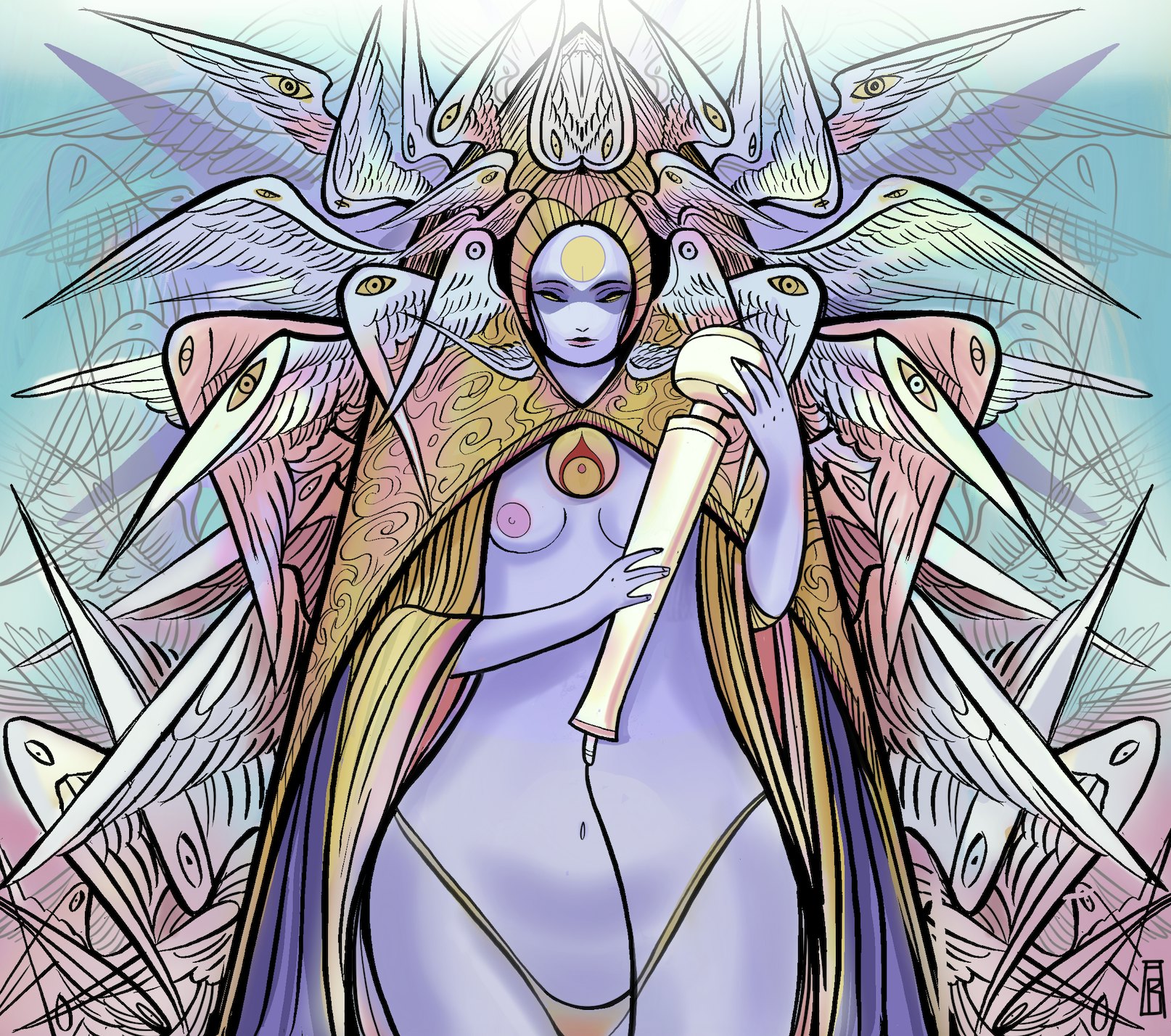
Harley Quinn has always tested the limits of what DC will tolerate. In the R-rated cartoon’s Valentine's Day special, for example, a horny, super-sized Bane stomps through Gotham City, humping various skyscrapers until they fall over. But in 2021, the show’s creators found that limit — and it had nothing to do with male genitalia.
Instead, co-creators Justin Halpern and Patrick Schumacker wanted to show Batman going down on his long-time love interest, Catwoman. It seemed like a no-brainer. The Bat and the Cat have been an on-and-off item for decades, so surely the suggestion of oral sex couldn’t be any more risqué than the latex fetishwear in Batman Returns or the suggestion of a casual one-night stand in Batman v Superman: Dawn of Justice.
Except it totally was.
DC famously forbid the scene, sparking uproar among fans and critics alike. The scene in question never made it past the development stage, but it managed to kick an age-old hornet’s nest all the same.
“It became part of the news cycle for, seriously, two weeks,” Schumacker tells Inverse. “It became a bigger deal than it probably ever would’ve become had we just actually had Batman going down on Catwoman in Harley.”
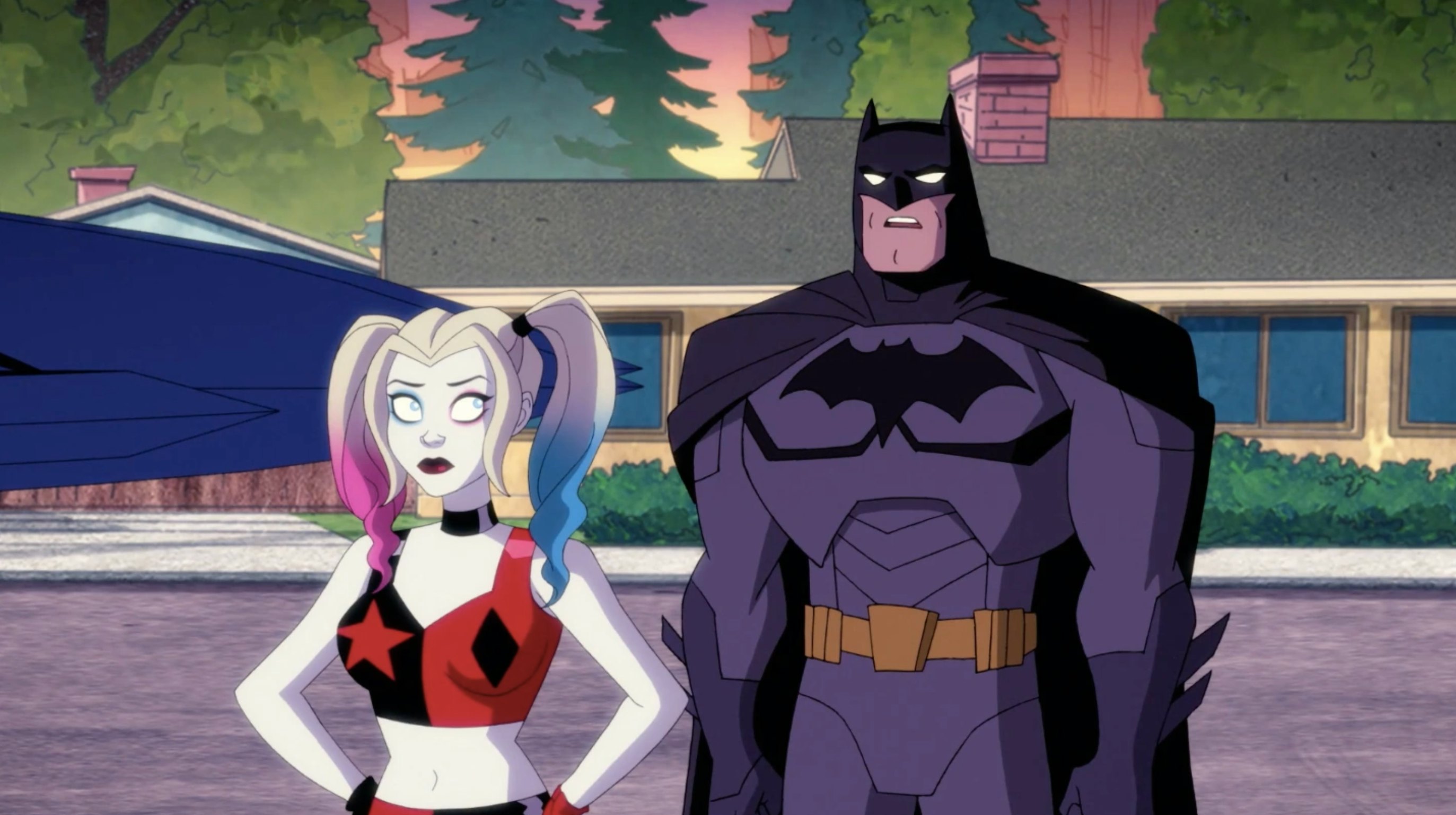
The issue of Batman’s sex life has long been a topic of debate. From the moment Bruce Wayne became vengeance way back in 1940, there’s been an outsized interest in what’s going on under the trademark cowl. After all, Batman is more than just a symbol. He’s a person, too, with desires and fears that should mirror our own at the end of the day.
“Batman is an inkblot,” writes Glen Weldon in his 2016 book The Caped Crusade: Batman and the Rise of Nerd Culture, “an endlessly interpretable figure who accepts the meanings projected onto him by authors and audience alike. He can uphold the status quo and violently overthrow it. He can represent fascism and liberal democracy at once.”
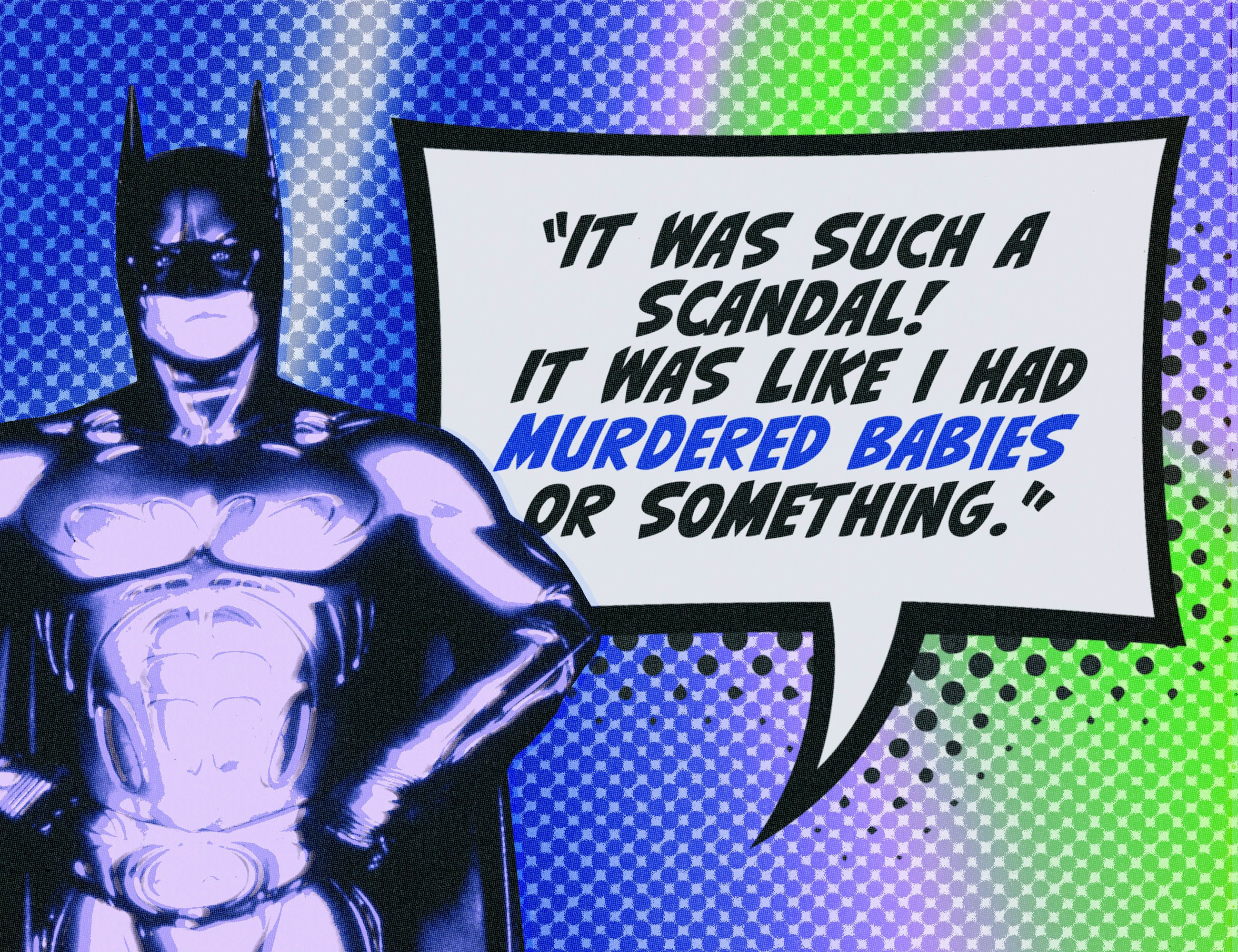
But his flexibility as a romantic hero, as a figure who participates in (or even enjoys) sexual acts, is more difficult to define. Across his 80-year history, fans, critics, and creators have asked the same questions. Does Batman have sex? Or, better yet, should he? Like so much else in modern pop culture, the answer is defined by a complex tug-of-war between fans, artists, and corporate America.
The Trouble With Dick (Grayson)

For as long as Batman has haunted the streets of Gotham, questions about his sexuality have dominated the zeitgeist. Depending on who you ask, gayness is built into the Bat-brand, even if its title hero has only ever dated women.
“Batman is very, very gay,” renowned comic author Grant Morrison famously told Playboy in 2012. “I think that’s why people like it. All these women fancy him and they all wear fetish clothes and jump around rooftops to get to him. He doesn’t care — he’s more interested in hanging out with the old guy [Alfred] and the kid [Dick Grayson].”
No matter where he goes, or who he dates, Alfred and Robin are the two constants of Bruce Wayne’s life. But Batman’s reliance on his male companions hasn’t always been seen as wholesome. His dynamic with Robin in particular once caused a wave of gay panic that shook the comics industry to its core.
By 1954, Batman’s early tenure as a remorseless killer had successfully been rehabilitated with the help of his kid sidekick. DC introduced the Boy Wonder in 1940 to help lighten the mood of the comics, and while he succeeded in that role, comic artists took many dubious liberties in depicting his domestic life with Bruce Wayne.
One panel in World’s Finest #59 depicts the pair tanning (naked!) side-by-side. Another in Batman #84 famously showed Bruce and Dick waking up in bed together. And then, of course, there were the handful of times that Robin exploded in fits of jealousy over Batman’s girlfriend-of-the-week. (“What about … us?” Robin asks in Batman #15, after Bruce proposes to Selina Kyle for the first time. “Patience, m’lad,” Bruce quips. “You’re too young to understand these things!”)
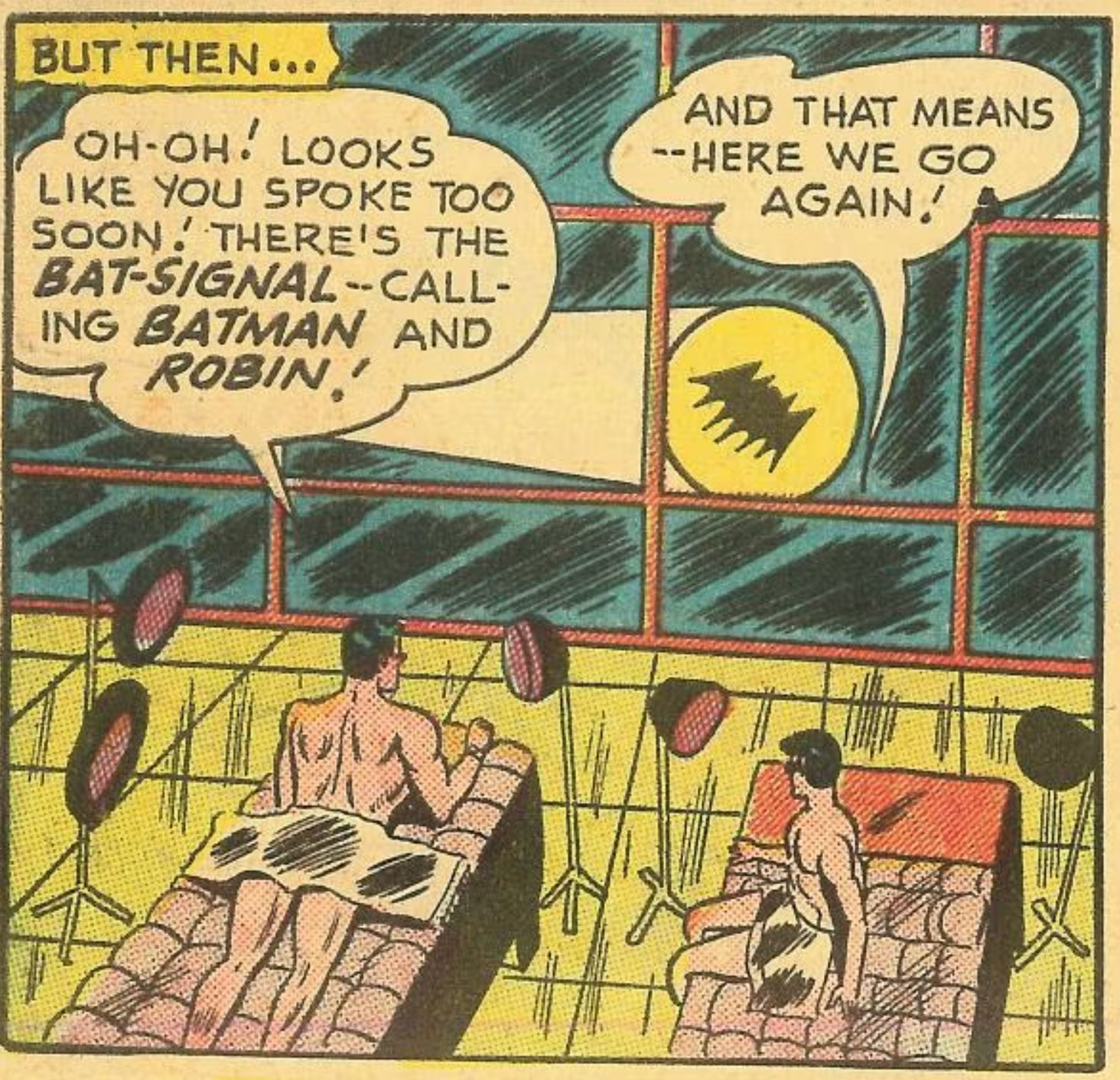
All that provided timely fodder for Dr. Fredric Wertham, a psychiatrist on a moral crusade against the comic industry. In 1954, he published Seduction of the Innocent, a scathing indictment of the gratuitous violence, misogyny, and racism that was rampant in most major comics. Only a few pages are dedicated to the “subtle atmosphere of homoeroticism” within Batman comics, but Wertham claimed that Bruce and Dick’s partnership promoted a “wish-dream of two homosexuals living together,” and insisted that it might steer young, impressionable comic readers down the path of homosexuality.
Batman’s editorial team actually took his rebuke to heart and immediately set out to put some distance between the hero and his ward. Subsequent comics tried to tone down Robin’s jealous streak, while Batgirl came into the picture as a potential love interest for Bats. Even Alfred, their stalwart chaperone for the past decade, was killed off and replaced by an elderly matron named Aunt Harriet.
“There was a lot of discussion in those days about three males living in Wayne Manor,” admitted Julius Schwartz, an editor for DC, in 1964.
Their efforts didn’t completely assuage Wertham’s anxieties, nor did it slow down the production of more suggestive comic panels. But it did lay the groundwork for the Bat-family that defines the saga today, and that has to count for something.
Latex and Bondage and Whips — Oh my!
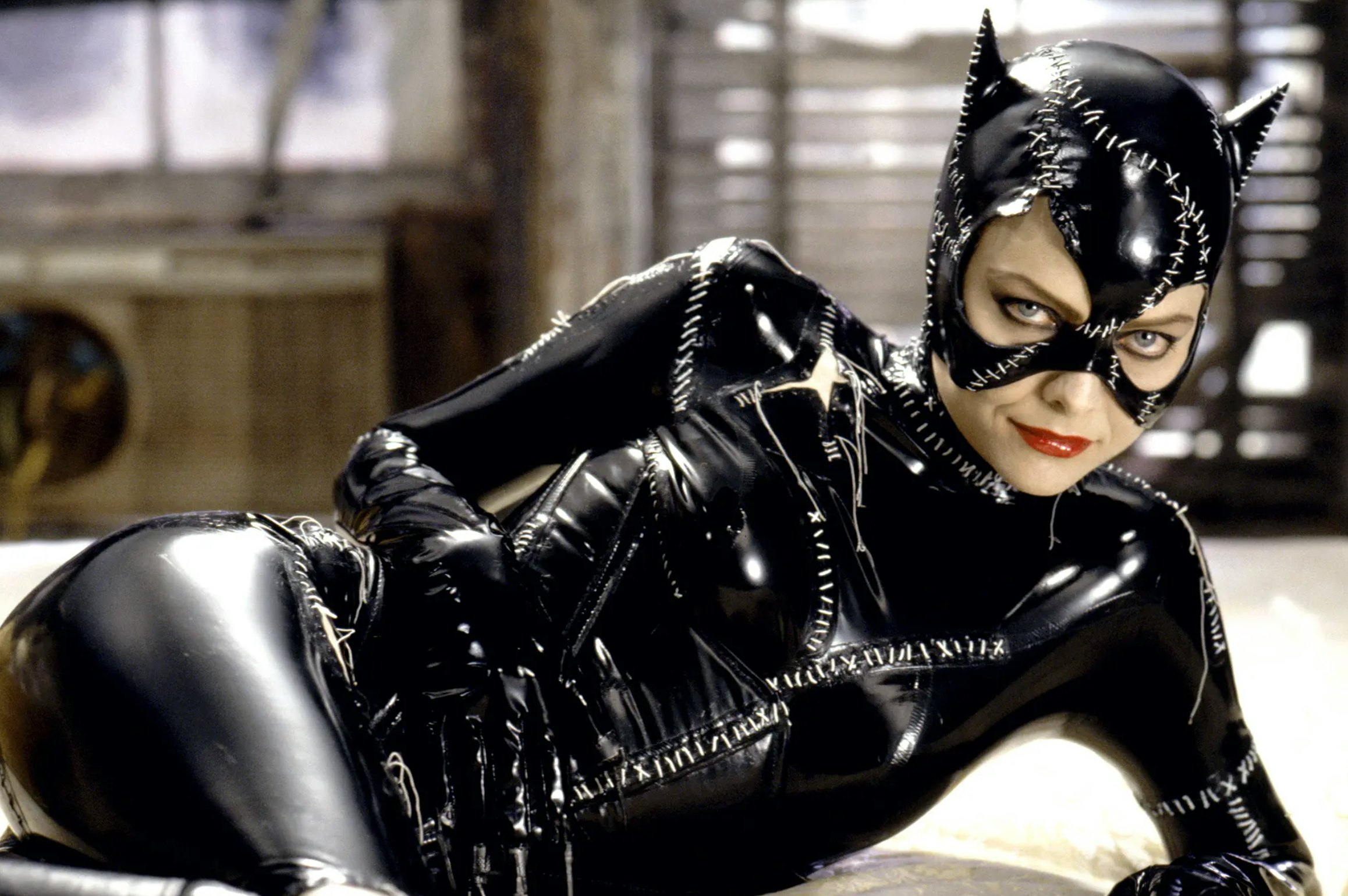
The ‘90s were good to Batman, and to the comics world in general. Graphic novels like Watchmen had kicked the door wide open for “adult” portrayals of superheroes in the late ‘80s, freely exploring their psychological foibles and sexual dysfunction. That trickled into mainstream comics, and even to their adaptations on the big screen. Tim Burton’s take on Gotham paved the way for a fantastic animated series and changed the way that comic book films could be adapted: with a mature tone and a healthy disinterest in the source material. Burton dove even deeper into the Dark Knight’s fractured psyche in Batman Returns, flanking his dysfunctional hero with a pair of villains that took his affinity for latex and punishment and ran absolutely wild with it.
“[Burton] saw Catwoman and Batman as basically dominatrix people who get dressed up and wear costumes and get into some kinky sh*t,” Returns screenwriter Daniel Waters said in 2016. “The studio was worried, and then when it came out, we took a lot of pain from parents and the media in general.”
Returns was angry, unabashedly horny, and not at all safe for kids, three things that Warner, having struck a lucrative marketing campaign with McDonald’s, could not abide at the time. Burton was ousted in favor of Joel Schumacher, the director of such “serious” films as St. Elmo’s Fire and The Lost Boys. He would go on to direct two Batman films for WB — but his idea of Gotham was even kinkier than Burton’s.
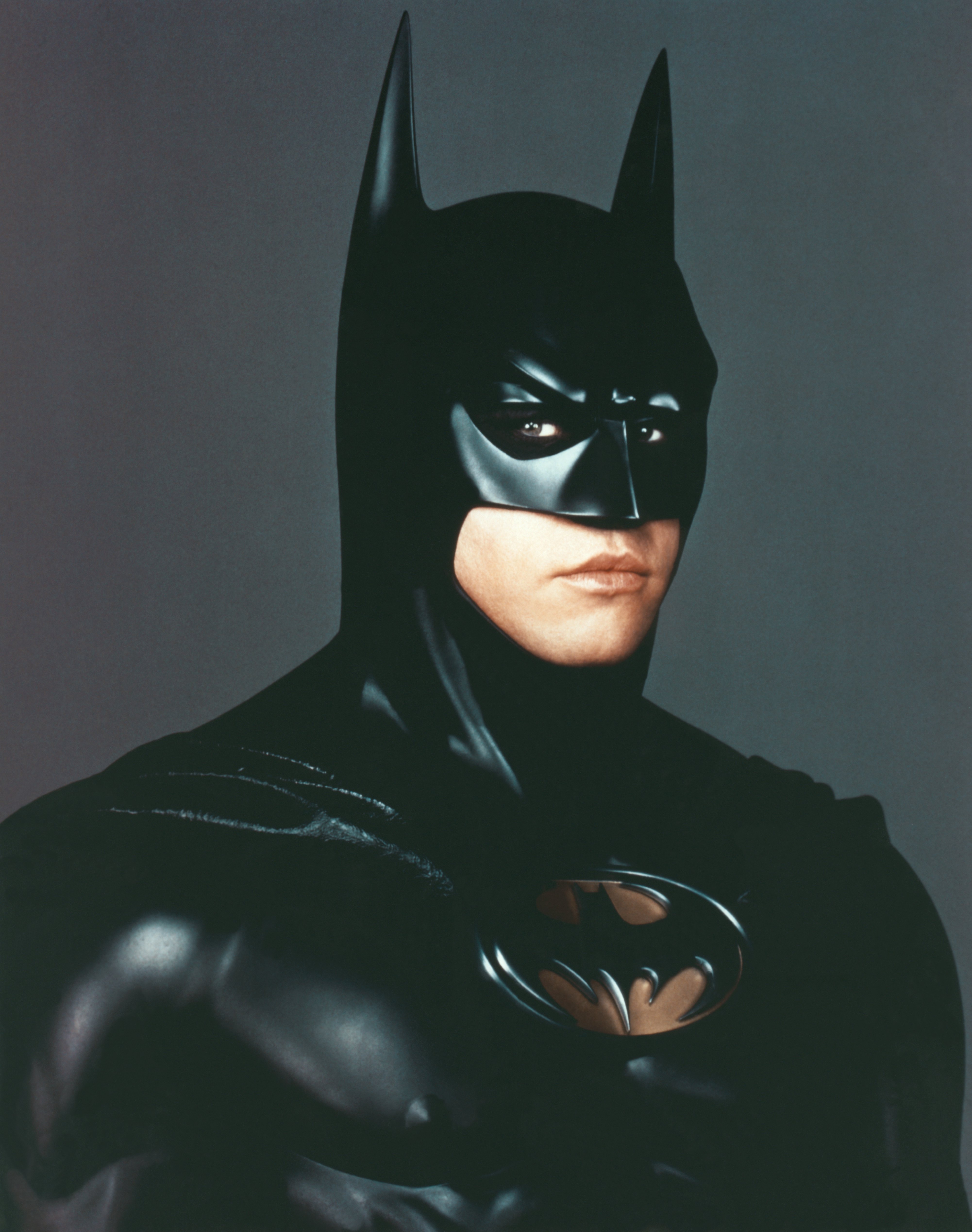
Like his predecessor, Schumacher didn’t depict many outright sexual acts in his movies. Apart from Dr. Chase Meridian’s (Nicole Kidman) breathless horniness for the Dark Knight, Batman Forever could almost be considered chaste. But that didn’t make the film any less transgressive. With Forever, Schumacher was chasing “that rock ‘n’ roll comic book look,” and he wasn’t afraid to celebrate the human form, either.
“He was very happy as soon as he saw bright colors and homoerotic posing,” the film’s cinematographer, Stephen Goldblatt, told The Hollywood Reporter. “He was as happy as the day was long.”
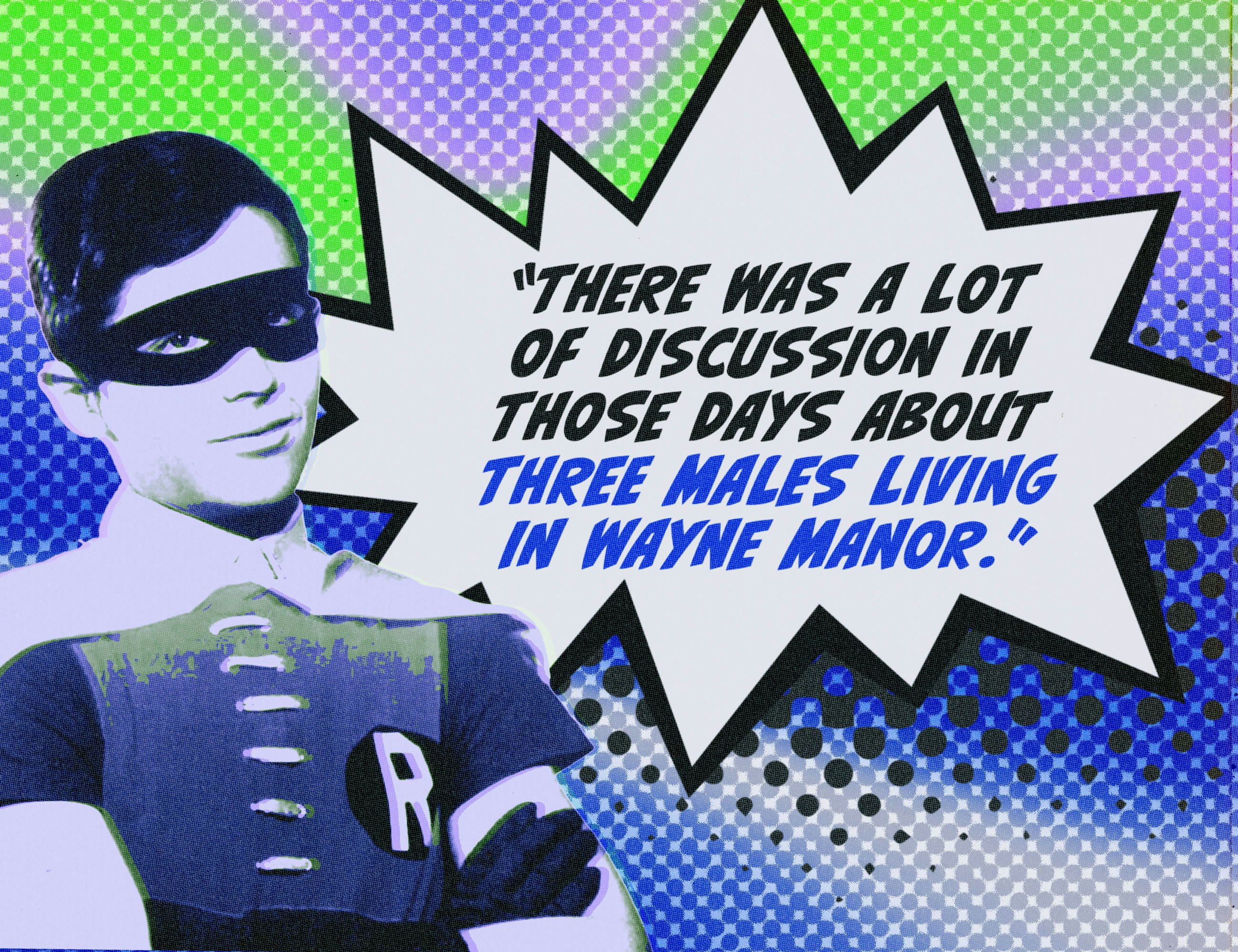
Val Kilmer’s Batsuit was the first to feature Bat-nipples. Schumacher’s lead sculptor and costume designer, Jose Fernandez, took inspiration from Roman armor in crafting the costume, along with the comics he grew up reading. “In the comic books, the characters always looked like they were naked with spray paint on them,” Fernandez told MEL Magazine in 2022. “It was all about anatomy, and I like to push anatomy.”
Schumacher loved the choice — and after the success of Forever secured an immediate sequel, the director wanted to push the envelope with an even more anatomically correct rubber suit.
“The costumes got sexier,” the director admitted in a retrospective with GQ. His camera focused on them as much as possible, with the opening scene of Batman & Robin treating audiences to close-ups of the title duo’s spandexed butts, rigid codpieces, and those aforementioned nipples.
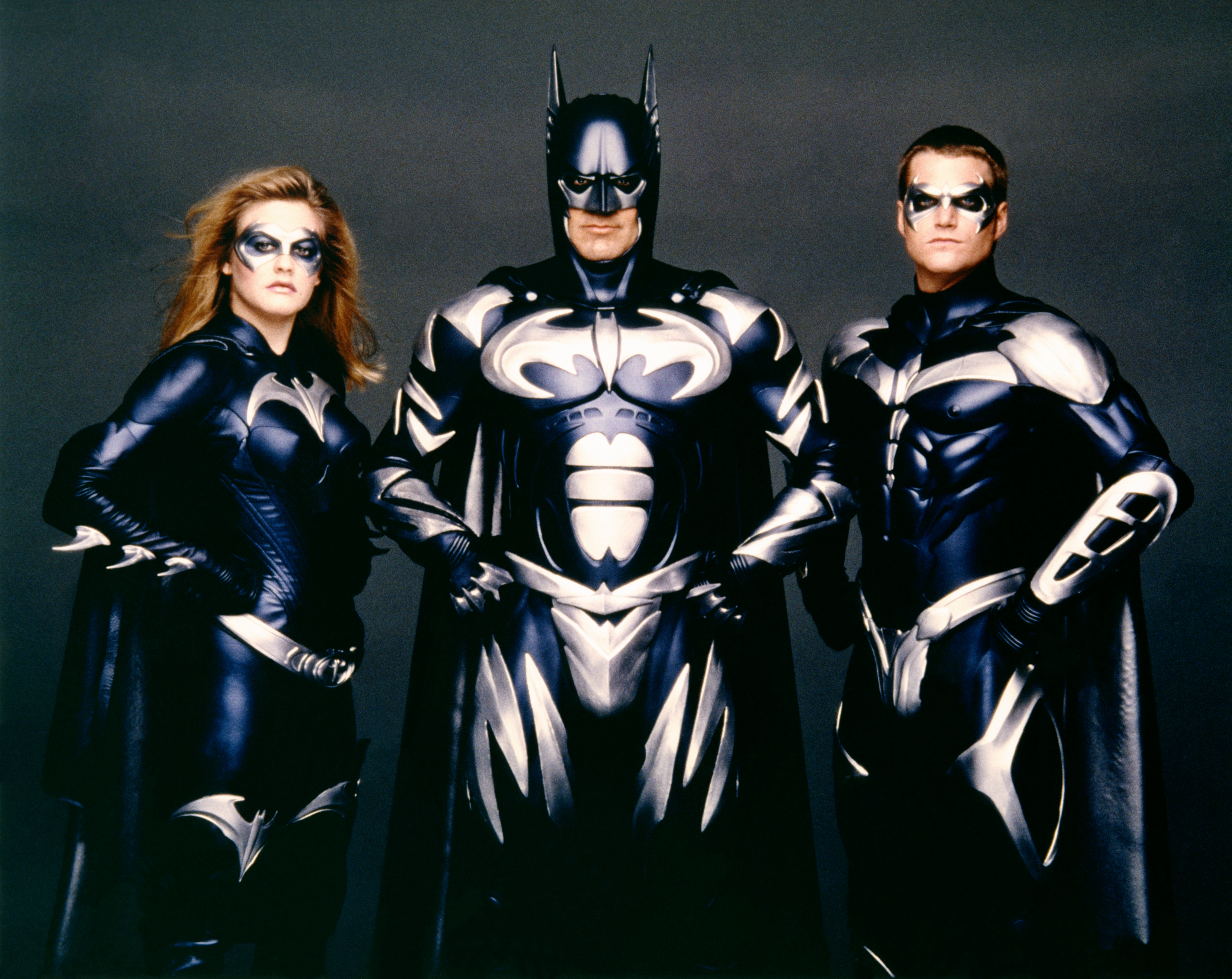
“Schumacher wanted them sharpened, like, with points,” Fernandez recalled of the Bat-nips. It became a feature of the suit, and audiences certainly took notice.
“It was such a scandal! It was like I had murdered babies or something,” Schumacher later told The Hollywood Reporter. “That was the absolute greatest. That two rubber things, the size of pencil erasers would be a big f*cking deal.”
The nipples might have been forgiven had Batman & Robin supported all that campiness with a secure script. But alas, Schumacher’s flamboyant, campy take on Gotham had run out of goodwill. The franchise withdrew from the filmmaker's colorful antics and, 10 years later, embraced the dour, post-9/11 tone of Christopher Nolan’s Batman films. For years, sex seemed to be the furthest thing from Batman’s mind in the 2000s — but that changed in the 2010s, for better and worse.
Babs and Bats
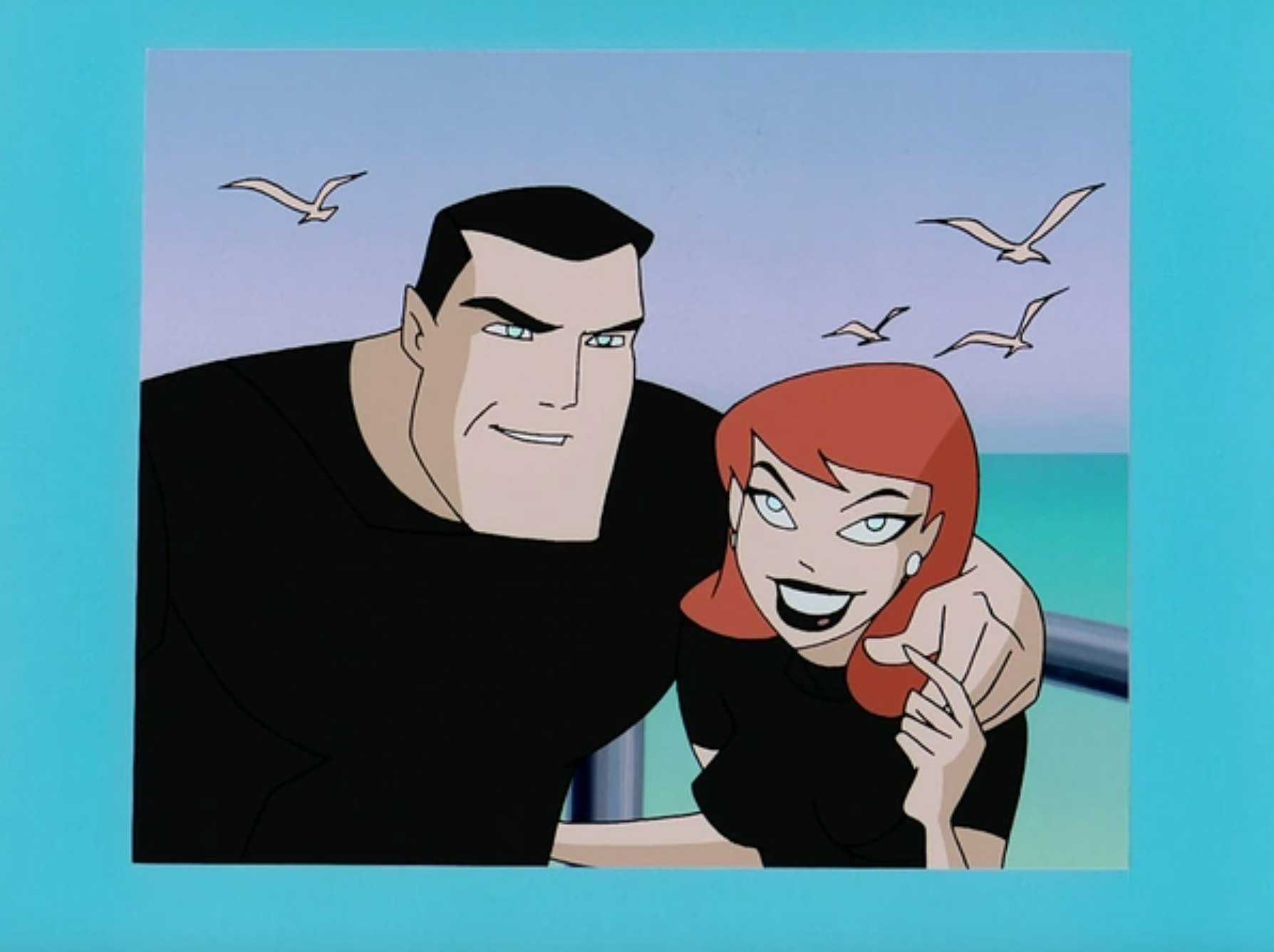
Bruce Timm is a legend in the Bat-verse, though he’s got something of a checkered reputation. As co-creator of Batman: The Animated Series, he’ll always have a place in the Batman hall of fame. But Timm has long been fascinated with the idea of a “will they, won’t they” between Bruce Wayne and Barbara Gordon, aka Batgirl, which has earned plenty of scorn from the fandom.
“There’s clearly an unstated attraction between the two of the characters from the very beginning and I think it’s there in the comics,” Timm said in 2016. “If you go back and look at the Adam West show, it’s there in the Adam West show. It’s subtle, but to me it’s always been there.”
Both The Animated Series and its near-future sequel, Batman Beyond, allude to a fling between the characters. But it wasn’t until 2016, with the animated adaptation of The Killing Joke, that Timm got the chance to truly explore a Batman-Batgirl romance — and it didn’t go over well.
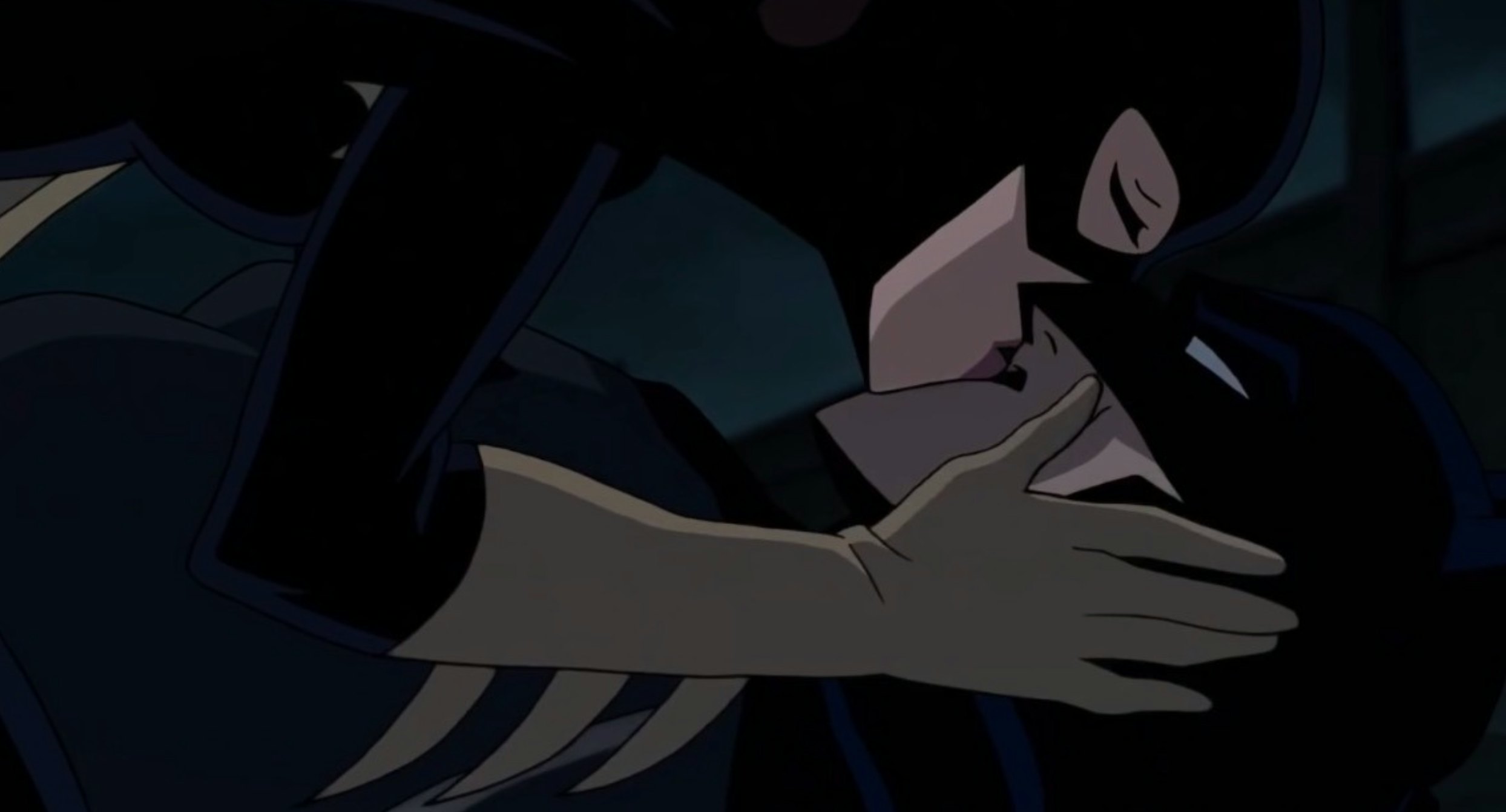
The Killing Joke was first a graphic novel penned by Alan Moore and illustrated by Brian Bolland and John Higgins. This storyline is controversial for its treatment of Barbara, who is abducted, assaulted, and paralyzed by the Joker in an attempt to “break” her father, Commissioner Jim Gordon. The topic of Barbara’s victimhood has dominated the conversation around the novel ever since. So when DC Entertainment announced its R-rated adaptation of The Killing Joke, its creative team acknowledged Barbara’s passive role in the original narrative.
The 2016 film works to remedy that with an expanded backstory. The first act of The Killing Joke focuses on Batgirl’s complex relationship with Batman, even suggesting the pair had sex (off-screen) before Barbara’s fateful run-in with the Joker. That scene seemed to do more damage than Moore’ original story ever had. When Timm and his team screened the film at San Diego Comic-Con, they came face-to-face with the fandom’s ire.
“You have talked about how you wanted to give Barbara more story,” one fan noted at a Q&A that followed the screening. “Yet the story you gave her ended up being about the men in her life. Why?”
Both Timm and his co-writer, Brian Azzarello, rebuffed the critique, calling Barbara “stronger than the men in her life” in The Killing Joke. “The thing about this is that it’s controversial,” added Azzarello, “so we added more controversy.”
That prompted an outburst from a critic in the crowd, who sarcastically claimed that Barbara was strong by “using sex and then pining after Bruce.” Azzarello quickly challenged the fan to repeat himself: “Wanna say that again? Pussy?”
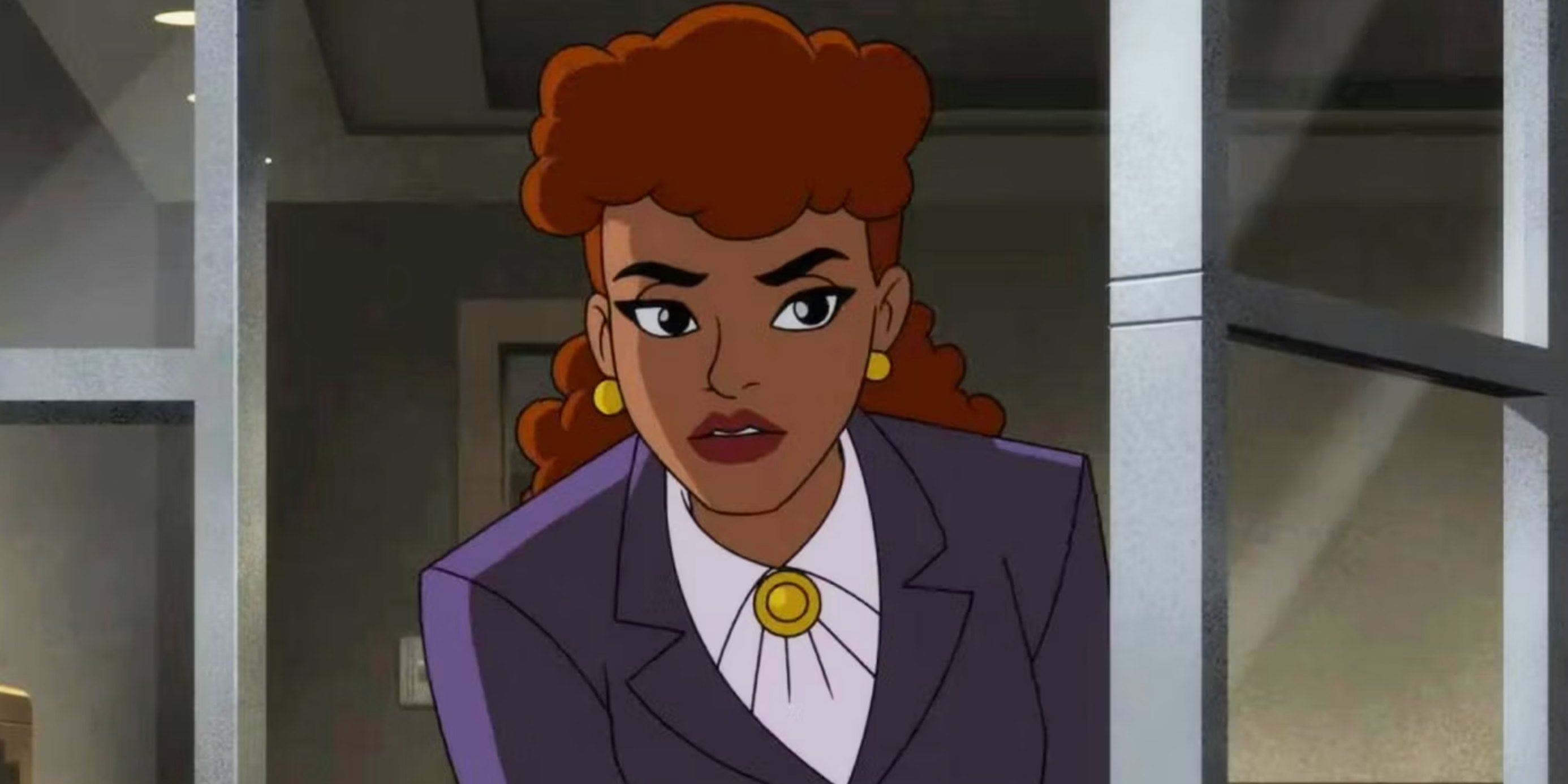
The controversy surrounding The Killing Joke took on a whole new life following his outburst. Fortunately, all that backlash seemed to deter Timm from exploring that relationship in further stories. When he returned to the DC universe for 2024’s Batman: Caped Crusader, he made sure to keep Bruce Wayne and Barbara Gordon in a “purely platonic” relationship.
“Early in our development process, one of our execs enthusiastically asked, ‘Hey, what if Batman and Barbara became romantically involved?’ apparently unaware of the uncomfortable history of that particular topic,” Timm recently revealed on a fan message board. “I said we weren’t going to be doing that, and explained why. I’m not stepping on that third rail again.”
“Heroes don’t do that!”
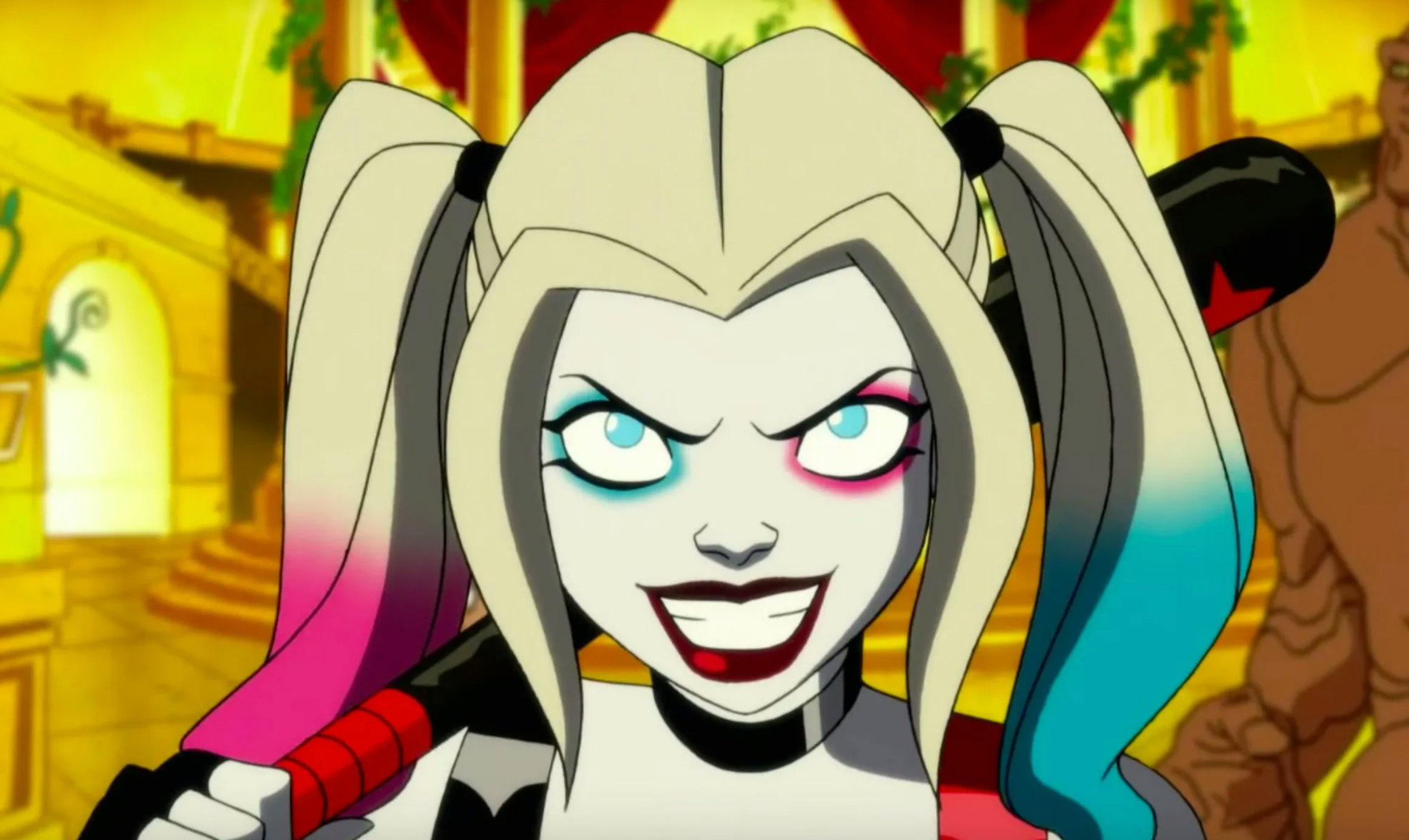
Batman’s kinkier exploits have been few and far between in the 2020s. Nowadays, it seems like there’s more buzz for what Batman isn’t allowed to do, which brings us back to Harley Quinn.
Batman is notably not the main character of the DC animated series, but he does pop up in an antagonistic role on occasion. Harley Quinn makes great use of the crusader, particularly by unpacking his deep-seated childhood trauma. But it was when the series attempted to comment on Bruce’s love life — and his sexual relationship with Catwoman — that then-showrunners Justin Halpern and Patrick Schumacker faced pushback from DC.
“We wanted a cold open,” Halpern tells Inverse. “We thought it’d be funny to just start on Catwoman [laying down], but you’re not really sure what’s going on.” Catwoman would have tapped something just out of frame, interrupting Batman in his attempts to perform oral sex. “We wanted this idea that he’s not doing it for her. He doesn’t understand her, and he can’t sexually connect with her because he can’t emotionally connect with her.”

Given Batman’s complex neuroses, the scene would have made a lot of sense. (It also would have been hilarious.) But before the Harley Quinn team could put it into motion, producers at DC politely vetoed the idea.
“DC was like, ‘You can’t do that. You absolutely cannot do that,’” Halpern later told Variety. “They’re like, ‘Heroes don’t do that.’”
Per Halpern, the veto boiled down to consumer sales. “It’s hard to sell a toy if Batman is also going down on someone,” he recalled the DC exec saying.
Ironically, Halpern shared that story to demonstrate how supportive DC had been in other endeavors. Bat-Cat foreplay was the only line the studio seemed uncomfortable crossing. But his anecdote took social media by storm anyway. Fans were baffled, even incensed, by DC’s censorship.
Some of DC’s most famous collaborators even weighed in. In a since-deleted X post, Zack Snyder shared unofficial, comic-accurate artwork of Batman going down on Catwoman with a simple caption: “Canon.”
“I didn’t know comic books that well when it came out,” Halpern recalls, “and I immediately texted Pat like, ‘Is this from an issue?’ Cause that was really good artwork!”
Adds Schumacker: “I was like, ‘No. You can see Batman’s penis if you get Batman: Damned, but you can’t see this anywhere.’”

In a way, the outrage speaks to an expectation audiences seem to have for Batman stories.
“I think the kink around these characters has always been alive, even if it wasn’t just very baldly talked about within the shows or the comics,” Schumacker says, citing Adam West’s Batman series and Batman Returns as two prime examples.
More than that, it’s always been taken out of context, and later blown out of proportion with the aid of the news cycle. Though Batman and sex have always gone hand-in-hand (more or less), pearl-clutching and exacerbation are never far behind. The character’s sexual preference, expression, and even repression will always be a topic of fascination.
“It’s always been there,” Schumacker says, “And there’s always been an audience for this.”
Inverse's 2024 Superhero Issue, guest edited by Zack Snyder, explores the genre for what it is: a profound commentary on our shared human experience. Dive into the full issue here.
About the artist: Adam Forman is an artist and visual effects designer whose credits include 300, Man of Steel, Batman v Superman: Dawn of Justice, and Zack Snyder’s Justice League. He was also the speculative civilization advisor on Rebel Moon Part 1 and Part 2.







